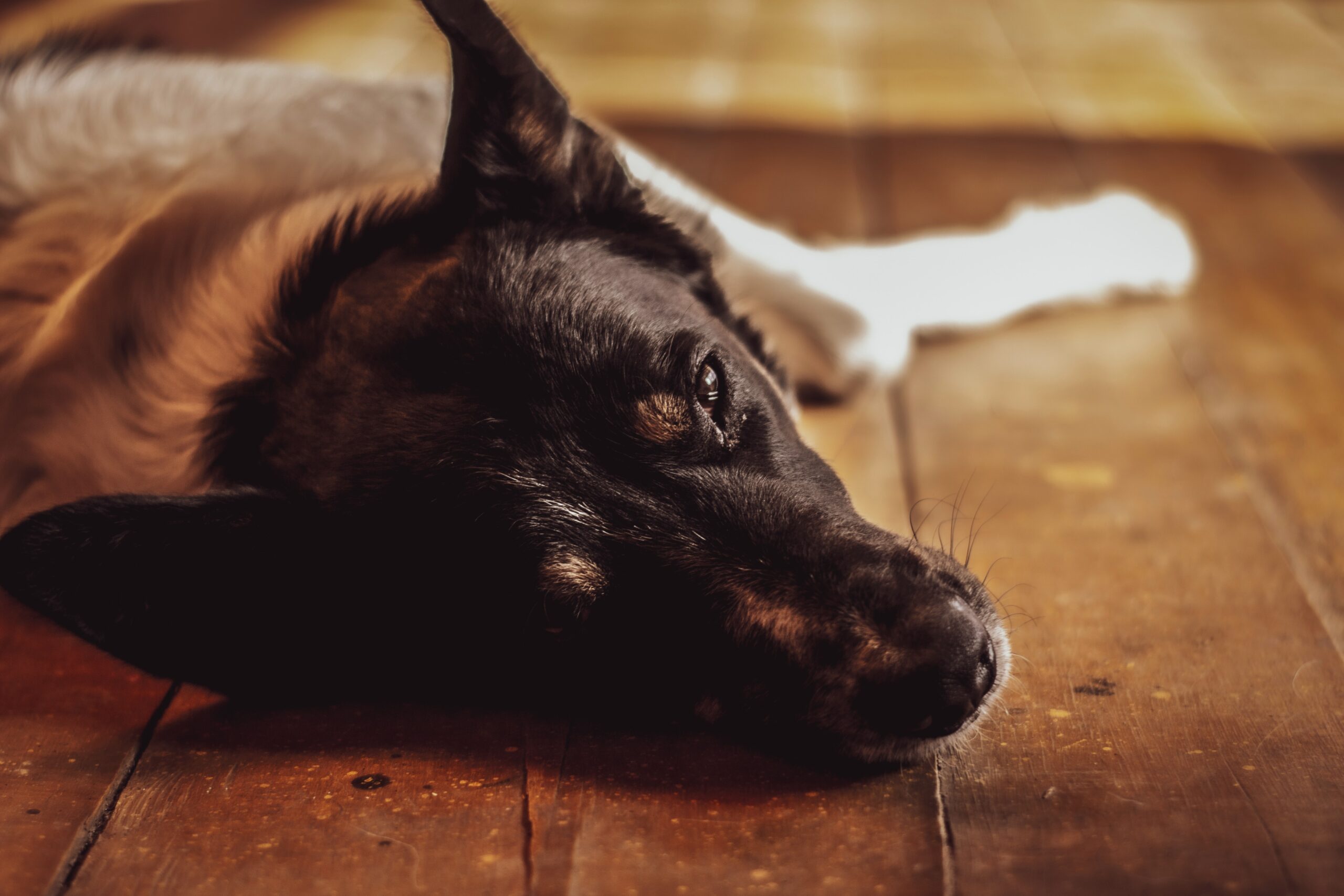Our Expert Veterinarians in Rio Rancho Tell You Everything You Need to Know About Parvo in Dogs
Coronado Pet Hospital has experienced veterinarians in Rio Rancho who understand how to both identify and treat canine parvovirus.
We understand that no one wants to hear that their dog has Parvo. But it’s important to understand that this is a potentially deadly and highly contagious virus and infection that can wreak havoc in the lives of dogs and their families.
That’s why we’re here to answer some of the most commonly asked questions about Parvo. For additional information, reach out to one of our veterinarians in Rio Rancho. They will be happy to help!
What is Parvo?
Parvo (canine parvovirus or CPV) is a highly contagious virus that targets the gastrointestinal tract. Due to this, the virus causes severe diarrhea and vomiting in infected dogs.
Puppies and younger dogs are the most susceptible to getting Parvo and becoming seriously ill. Older dogs are also vulnerable, especially if they are not vaccinated, but symptoms tend to be less severe.
Where does Parvo come from?
Parvo is transmitted from infected dogs through contaminated feces. This virus is durable and can survive in organic material for years. Parvo can be found in various places:
- Outdoor and indoor ground surfaces
- Kennels and carriers
- Shoes and clothing
- Paws and fur
- Hands and exposed skin
Can I get Parvo? Can my cats get Parvo?
Humans can’t contract canine parvovirus. There is a feline-specific parvovirus called panleukopenia. Infection can also be fatal in kittens and health-compromised cats. Due to the risks these viruses pose, it’s essential to see your local veterinarian to ensure that your dogs and cats are fully vaccinated.
What are the symptoms of Parvo in dogs?
Dogs and puppies infected with Parvo may not show symptoms until 3 to 7 days after the initial exposure. Depending on how long the virus goes untreated, your dog can experience a variety of symptoms:
- Lethargy
- Poor appetite
- Vomiting
- Diarrhea
- Dehydration
In more severe cases, high heart rate, hypothermia, and sepsis can occur. Dogs and puppies can also die from the disease.
If you feel that your dog has contracted Parvo, seek medical attention right away.
How is Parvo diagnosed and treated?
Veterinarians will swab the dog’s tonsils and rectum and perform an ELISA (enzyme-linked immunosorbent assay) test for Parvo. Results are ready in 10-15 minutes.
If Parvo is detected, treatment is supportive care. There is no cure for Parvo.
Treatment options vary depending on the severity of the illness. A home-care regimen may be appropriate for a mild infection, or one caught early. More severe illness is better treated in a pet hospital with intravenous fluids and medications:
- Intravenous or subcutaneous fluids
- Antiemetics for vomiting
- Antibiotics to treat secondary bacterial infections
- Nutrition-focused bland diet
- Feeding tubes, if necessary
- Electrolyte support
On average, hospital care lasts 1 to 3 days. Severe infection may require a longer stay. Death typically occurs from secondary infection. The virus attacks fast-growing cells like white blood cells, and infection will finally overwhelm the body. This is why your dog must be seen by a veterinarian as soon as possible.
How do I keep my dog from getting Parvo?
The most important thing you can do to keep your dog from getting Parvo is to get him vaccinated prior to exposing him to potential sources of infection.
Puppies
Puppies should only be around fully vaccinated dogs until they have received all their puppy shots. You should also avoid public places where your puppy may be exposed to Parvo, such as your neighborhood sidewalks and parks, dog parks, and kennels.
Our Rio Rancho veterinarians recommend beginning the vaccine series that covers Parvo between 7 to 8 weeks of age. Your puppy must receive boosters every 3-4 weeks until she is at least 16 weeks old.
It’s important to get the boosters done on time; otherwise, your puppy may have to restart the series, making sure they receive at least 3 vaccines, the last of which occurs after 16 weeks of age.
Dogs
Once your puppy has received all his shots, it’s essential to keep up with his annual wellness exams. This will ensure he receives parvo boosters every year to three years to help him maintain his immunity to the deadly virus.
Surface Cleaning
Most household cleaners will not kill the Parvo virus. The best disinfectant that kills Parvo is diluted bleach. But first, all organic material like feces or saliva must be removed from the surface. This is what makes gravel and dirt yards very difficult to disinfect fully. You can also reach out to our trusted veterinarians in Rio Rancho to find out what they use and recommend.
We hope this answers the questions you had about Parvo.
If you’re a New Mexico pet parent in need of a veterinarian, our Rio Rancho staff is more than happy to help you and your furry friend.
 Download Our App
Download Our App
